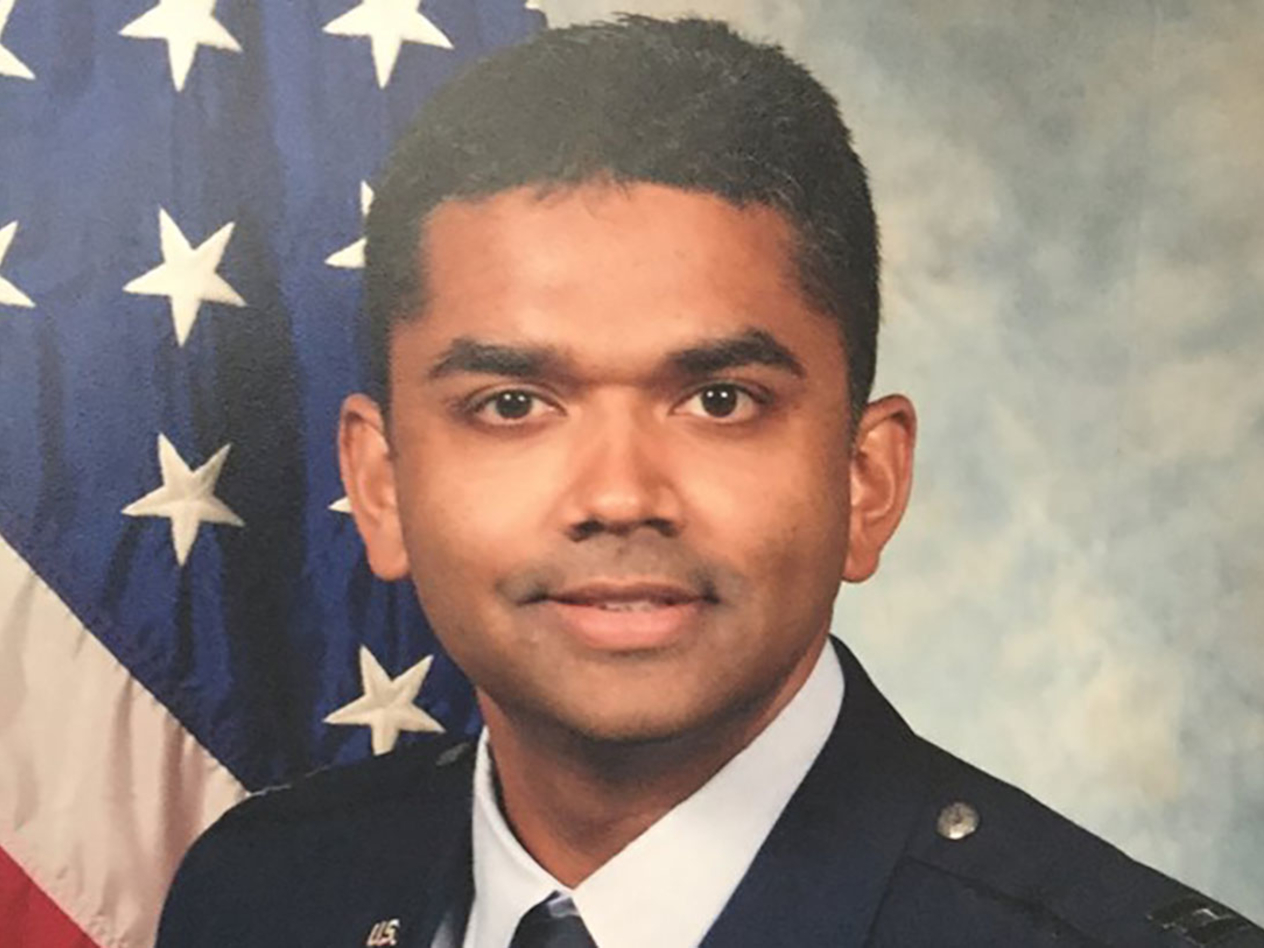From Air Force to Intel: My road to a summer internship
- December 5, 2016
- By Guest Blogger
- 3 minute read

There are many appealing aspects about the Olin experience: The world class faculty, small class size, supportive students, and intellectually stimulating curriculum. But one area where Olin truly excels is at its job placement rate, where 96% of its Full-Time MBA graduates receive job offers within 3 months after graduation with a median salary of $100,000. However, the caveat to this is that the onus is on the student to put himself or herself in a position to take advantage of these opportunities.
Personally, from outset of the fall semester, I was actively searching for internship opportunities.
I got my resume and LinkedIn profiles proofread from the WCC as soon as possible, and immediately was looking for opportunities on MBAFocus. I also reached out to those from whom I received business cards from at MBA networking events. These information sessions I scheduled were incredibly informative. In addition, I prepared well in advance for the MBA Veterans Career Conference in October in Chicago, which proved to be an embarrassment of riches as far as internship/job opportunities were concerned.
With regards to translating my military experience into my resume and interviews, there are some keys to remember. First, it is imperative to jettison military jargon and use civilian-speak when talking about your experiences. That will make the company you are targeting more keen on hiring you. Second, emphasize the leadership and managerial responsibilities you had while on active duty. This is what gives you a competitive advantage over many of your civilian peers. Finally, emphasize any awards and decorations you received, as employers want to know examples of when you stood out from your peers.
If I could do something differently, I would have started preparing for case interviews much sooner.
Regardless of the platform you may choose, many firms in all areas will have a case interview in addition to a behavioral interview. In both of these, you need to come across as polished and prepared if you expect to receive an offer.
The book “Case in Point” is a great way to prepare. Also, utilize your peer network and the great resources at the WCC, as they will be more than willing to put you in a position to succeed. Read up on your desired company’s history, its financial statements, and leadership changes, if any, at the company. This will be a great indication of how much you want to work at said company. But at the end of the day, BE YOURSELF. Companies are seeking corporate fit in addition to qualifications annotated on the resume, and if you’re not a fit for the company, it’s not going to be beneficial to either party for you to work there.
All of my preparation culminated in me receiving an Corporate Finance internship offer at Intel in Portland, Oregon. I look forward to applying all I learned at Olin at Intel. And while I’m there, I’ll be more than happy to answer your questions as you start your internship search. Feel free to drop me a line.
Guest Blogger: Ravi Balu, MBA ’18
Contact Us
For assistance in finding faculty experts, please contact Washington University Public Affairs.
Monday–Friday, 8:30 to 5 p.m.
Sara Savat, Senior News Director, Business and Social Sciences
314-935-9615
sara.savat@wustl.edu
Kurt Greenbaum,
Communications Director
314-935-7196
kgreenbaum@wustl.edu
